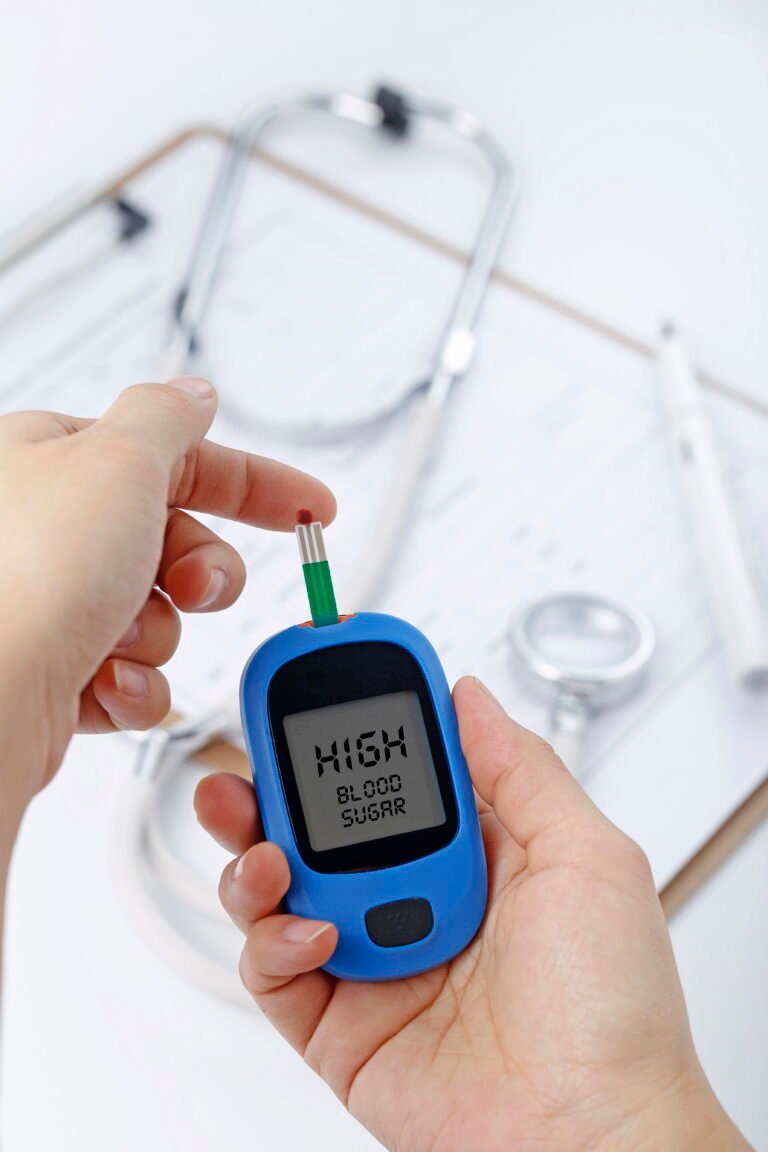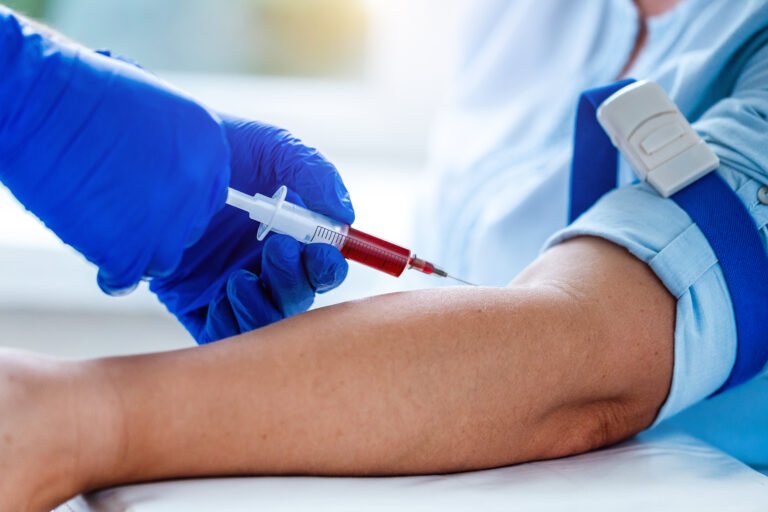Search Your Test

Understanding Your Blood Test Results: A Step-by-Step Guide
Blood tests are one of the most common diagnostic tools in healthcare. They provide essential insights into your overall health and help detect potential medical conditions early. However, understanding your blood test results can often feel overwhelming due to the complex medical terms and numbers. This guide will simplify the process, empowering you to take control of your health.
What Information Do Blood Tests Provide?
Blood tests reveal a wealth of information, including:
- General health indicators: Red and white blood cell counts, hemoglobin levels, and platelets.
- Organ function: Kidney, liver, and heart performance.
- Nutritional deficiencies: Levels of vitamins, minerals, and iron.
- Cholesterol and lipid profile: Indicators of cardiovascular health.
- Hormonal levels: Thyroid function, reproductive hormones, and more.
Understanding these elements can help you make informed decisions about your health and lifestyle.
How to Read Your Blood Test Results
Here’s a step-by-step breakdown of key components in a blood test:
Complete Blood Count (CBC)
A CBC measures:
- Red Blood Cells (RBC): Indicates oxygen transport. Low RBC could mean anemia, while high levels might suggest dehydration or other conditions.
- White Blood Cells (WBC): Reflects immune system health. High WBC counts may indicate infections or inflammation.
- Hemoglobin and Hematocrit: Relates to red blood cell health and oxygen-carrying capacity.
- Platelets: Essential for clotting. Abnormal levels may point to clotting disorders or underlying health issues.
Basic Metabolic Panel (BMP)
This test evaluates:
- Electrolytes: Sodium, potassium, and chloride levels for hydration and kidney function.
- Glucose: Blood sugar levels, important for diagnosing diabetes.
- Kidney Function: Blood urea nitrogen (BUN) and creatinine levels.
Lipid Profile
Key metrics include:
- Total Cholesterol: Should generally be under 200 mg/dL.
- LDL (Low-Density Lipoprotein): Often called “bad cholesterol,” high levels increase heart disease risk.
- HDL (High-Density Lipoprotein): “Good cholesterol” that helps remove LDL from the bloodstream.
- Triglycerides: High levels may indicate excessive calorie consumption or diabetes risk.
Thyroid Function Tests
These tests measure hormones like TSH, T3, and T4 to evaluate thyroid gland health. Abnormal levels could point to hypothyroidism or hyperthyroidism.
Inflammatory Markers
Tests like C-reactive protein (CRP) and erythrocyte sedimentation rate (ESR) detect inflammation, which may signal infections, autoimmune conditions, or chronic diseases.
Tips for Interpreting Your Results
Compare Against Reference Ranges: Most reports include a reference range for each marker. Values outside the range may require further investigation.
Consult a Healthcare Professional: Always discuss your results with your doctor to understand their implications fully.
Track Changes Over Time: Monitoring trends in your results can help identify patterns or changes in your health.
Ask Questions: If anything is unclear, ask your doctor for clarification or additional testing if necessary.
Common Questions About Blood Test Results
What Do Abnormal Results Mean?
Abnormal results don’t always indicate a severe issue. Factors like diet, hydration, and medications can influence results. Your doctor will assess these factors before diagnosing.
How Often Should You Get Blood Tests?
For most individuals, annual blood tests are sufficient. Those with chronic conditions or on specific medications may require more frequent testing.
Can You Prepare for a Blood Test?
Yes. Follow these steps:
- Fasting: If required, avoid eating or drinking (except water) for 8-12 hours before the test.
- Medication Disclosure: Inform your doctor about any medications or supplements you’re taking.
- Hydration: Stay well-hydrated to make the blood draw easier.
Why Understanding Your Results Matters
Being informed about your blood test results helps you:
- Monitor Health Trends: Spot early signs of potential issues.
- Make Lifestyle Changes: Adjust diet, exercise, or habits based on results.
- Communicate Effectively: Collaborate with your healthcare provider for better outcomes.
Blood tests are a powerful tool for maintaining and improving your health. By understanding the basics of your results, you can take a proactive approach to well-being. Remember, regular testing and open communication with your healthcare provider are key to staying on top of your health.




